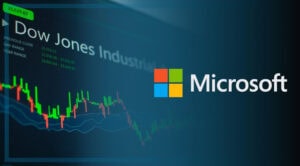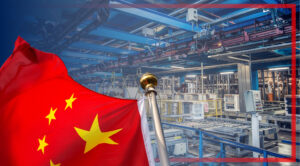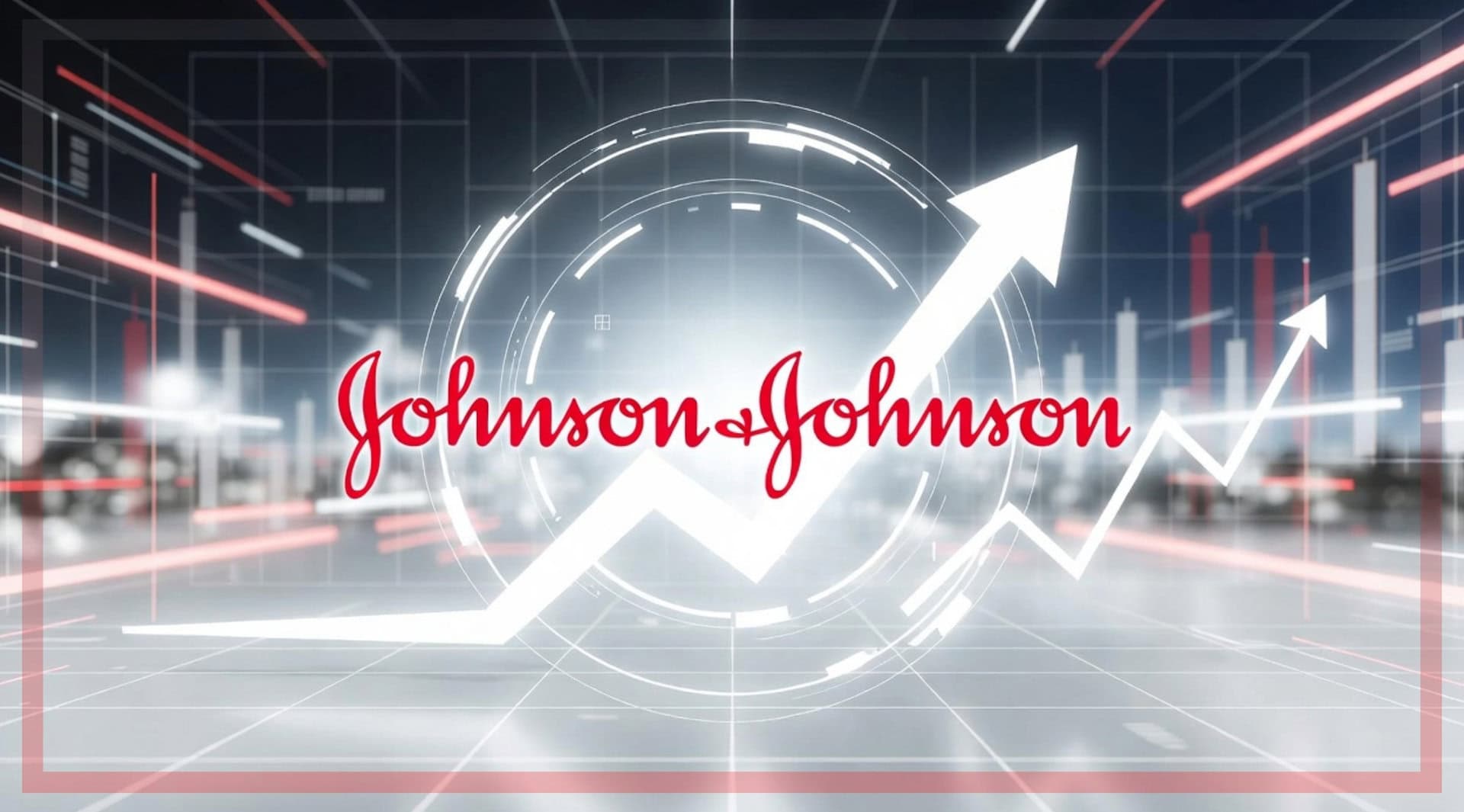Today, Oracle, Apple, Amazon, SAP, Cisco, Microsoft and Motorola are among the big names making their presence felt in Israel’s booming tech market. IBM is also part of this number, boasting three research and development labs in the country.
In a report last year, analysts at Expert Market ranked Tel Aviv an impressive sixth among the “Top 20 Cities to Live and Work in Tech”, when quality-of-life factors and cost of living were added to existing business-focused data. “Our idea was that often tech hubs are ranked based on purely economical factors, with people forgetting that you have to actually live in these cities,” Expert Market’s Bobbi Brant told Fast Company magazine. “That is why we added in quality-of-life factors to find a more balanced ranking of the top 20 tech hubs.”
Government support is also crucial. This includes a technology incubator programme to assist startups and encourage innovation. Israel’s investment laws also allow foreign companies to take advantage of reduced tax rates and investment grants, while the country invest more than 4% of its GDP in research and development.
The excellence of Israeli entrepreneurship in the Fintech sector is exemplified by the likes of payment platform Zooz, decentralised liquidity network Bancor, and Blockchain prediction market platform Stox – just a small selection from a plethora of Fintech startups across the country.
One of the catalysts in encouraging these and other startups and investors to consider Silicon Wadi was Mirabilis – one of the most successful startups in the history of technology. This Israeli company, founded in 1996, developed the ICQ instant messaging system that was a leader in online chat services. In 1998, despite never having made a profit at that time, Mirabilis by internet pioneer AOL for $400 million.
Boasting the highest number of tech firms outside of California’s Silicon Valley, Tel Aviv is an epicentre of Fintech startups and a global leader in Blockchain technology. Such is the concentration of tech companies that the city has become popularly known as ‘Silicon Wadi’ – ‘valley’ in Hebrew.
But why is Israel, and Tel Aviv specifically, experiencing such an impressive tech boom? A key factor is the supply of young talent from the city’s universities, which rank highly in lists of the world’s leading research institutes. Israeli graduates also appear to have a strong business mentality, with twice as many becoming entrepreneurs in comparison to their US counterparts.
Tel Aviv’s tech startups also reap the benefits of the world’s highest rate of R&D investment per capita, measured in 2015 at $423. This compared with $186 in the United states and a paltry $16 per head in Europe.
Such is the number of cyber experts being produced by Israel’s education system that there is no shortage of supply in the workforce, unlike the situation in other countries. Also, many of the country’s leading companies in the cybersecurity field have been founded by former members of the Israeli military’s cyber units.
The hub of Israel’s Fintech scene is undoubtedly The Floor, based at the Tel Aviv Stock Exchange, where a buzzing community of more than 500 Fintech startups is congregated. The Floor describes itself as “a Global Fintech Innovation Center – a focal point of access to Fintech technologies for leading international financial players, tech giants and VCs”, and it’s easy to see why, with HSBC, RBS, Santander, Deutsche Bank, Intel, Accenture and KPMG among the major players providing support there.
Tel Aviv’s Stock Exchange also played host to numerous events during Fintech Week 2018, which took place in March. The city also hosts the annual one-day Fintech Junction conference at the Hilton Tel Aviv, taking place in 24 June this year, which attracts “the leading entrepreneurs, innovators, investors, decision makers and chief officers of the world’s leading startups, banks, financial institutions and tech companies shaping the future of financial services”.
“Once it was a disadvantage to say you are from Israel,” Netanyahu continued. “Today, when you talk about cyber or advanced technologies, it is an advantage. It is advantage to say ‘I am an Israeli company.”
With activity in Tel Aviv’s Fintech sector continuing to gather pace, Disruption Banking will be reporting regularly on the latest developments and innovations from Silicon Wadi.

















